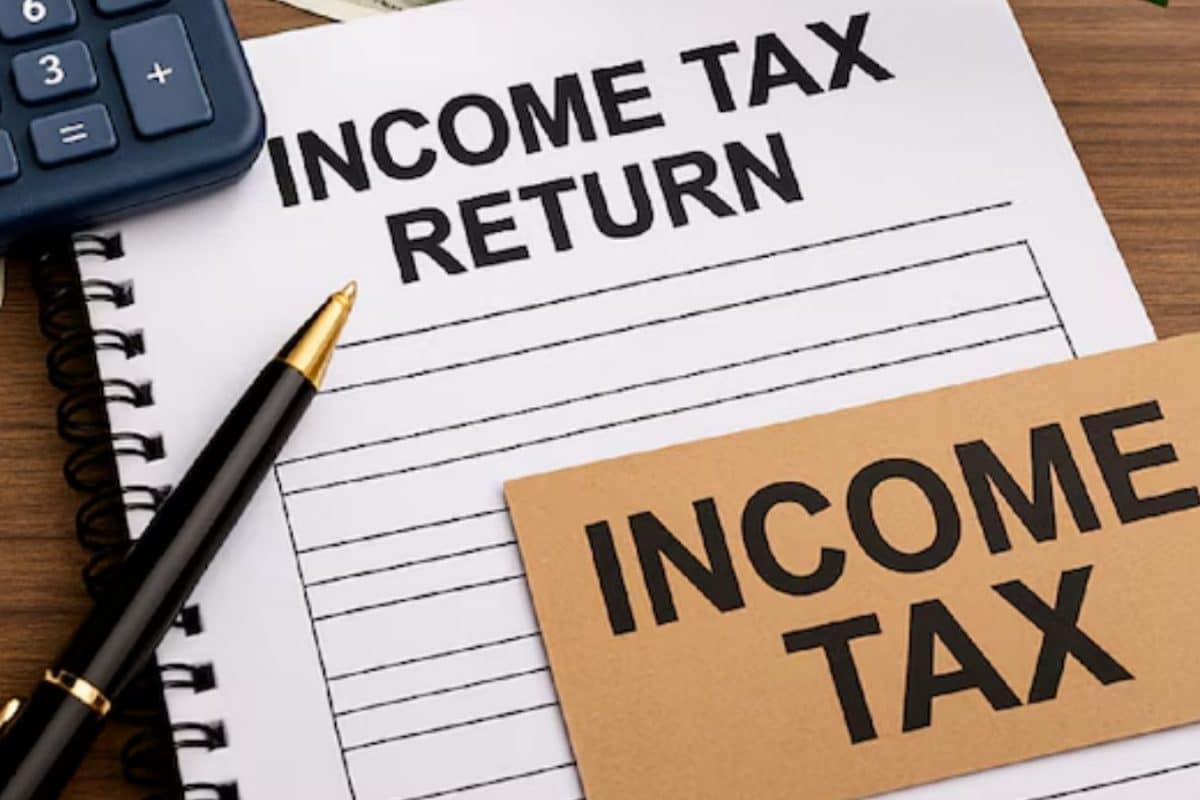

Filing income tax returns (ITR) can be a complex process, and even seasoned taxpayers can make mistakes. To ensure a smooth and accurate filing for the assessment year 2025-26, it's crucial to be aware of common pitfalls and how to avoid them. Here are ten basic mistakes you must avoid this year:
1. Selecting the Wrong ITR Form
Choosing the correct ITR form is the first and foremost step in the filing process. Using the wrong form can lead to rejection of your return or a defect notice from the Income Tax Department. For instance, ITR Form 1 is suitable for individuals with a salary of less than ₹50 lakh and no capital gains. Business income requires a different form, such as ITR-3. To avoid this, understand the eligibility criteria for each form or use an e-filing platform that automatically selects the correct form based on your income details.
2. Not Verifying Your ITR
Filing your ITR is not the end of the process; you must verify it. Without verification, the return is considered incomplete and will not be processed. E-verification can be done through Aadhaar OTP, EVC, net banking, or a Digital Signature Certificate (DSC). Make sure to complete this step within 30 days of filing.
3. Quoting the Wrong Assessment Year
Always double-check the assessment year (AY) you are filing for. For income earned in the financial year 2024-25, the correct assessment year is 2025-26. Entering the wrong AY can lead to penalties and complications.
4. Furnishing Incorrect Personal Information
Accuracy in personal details is paramount. Ensure that your name, address, PAN, date of birth, email ID, and bank account details are correct. Discrepancies can cause delays in processing your return and receiving refunds. Verify that the information matches the details on your PAN card and bank records.
5. Not Disclosing All Sources of Income
Declare all sources of income, including salary, interest from savings accounts and fixed deposits, rental income, and capital gains. Failure to report all income can result in penalties and tax notices. Scrutinize Form 26AS, AIS, and TIS to ensure that all income is accounted for.
6. Not Following the Correct Format
Enter all details in the prescribed format. Incorrect formatting can lead to errors in your return. Pay close attention to the instructions provided on the ITR form and ensure that all information is entered accurately.
7. Selecting the Wrong Tax Regime
Assess which tax regime, old or new, benefits you the most. The new tax regime is the default, but you can still opt for the old regime if it offers more deductions and exemptions based on your investments and expenses. Choosing the wrong regime can lead to unnecessary tax liabilities.
8. Failure to Claim Applicable Exemptions and Deductions
Don't miss out on deductions and exemptions available under various sections of the Income Tax Act. Common exemptions include those under sections 54, 54EC, and 54F for capital gains reinvestments. Also, make sure to claim deductions for investments like LIC, PPF, and NPS.
9. Ignoring Notices from the Income Tax Department
Respond promptly to any notices received from the Income Tax Department. Ignoring notices can lead to penalties and legal actions. Address the issues raised in the notice within the specified time frame to avoid further complications.
10. Not Paying Advance Tax
If your total tax liability exceeds ₹10,000, ensure you pay advance tax in quarterly installments. Failure to pay advance tax can attract interest under sections 234B and 234C. Self-employed professionals and freelancers should be particularly mindful of this requirement.
By avoiding these common mistakes, taxpayers can ensure a smooth and accurate ITR filing experience in 2025. Filing before the extended deadline of September 15, 2025, is advisable to avoid last-minute errors and potential penalties.